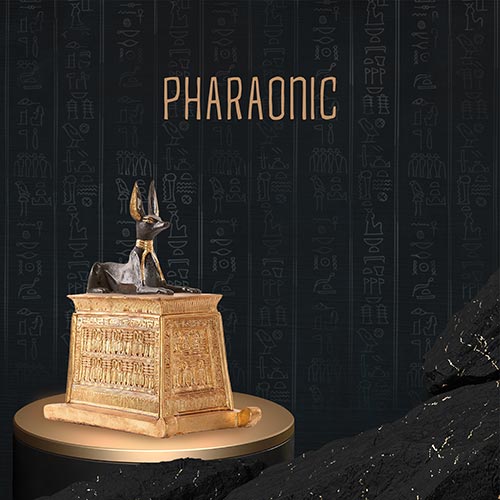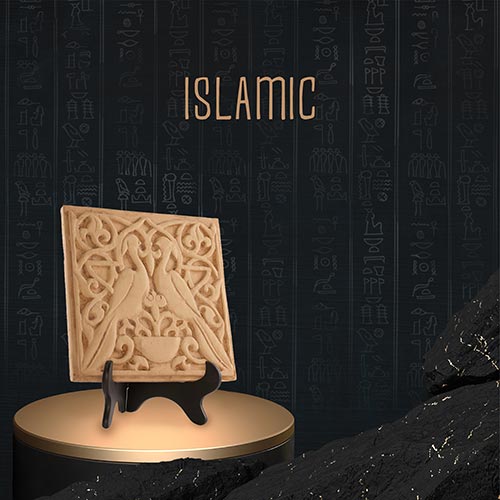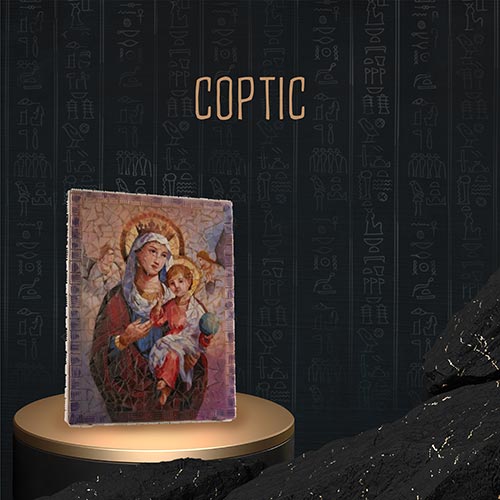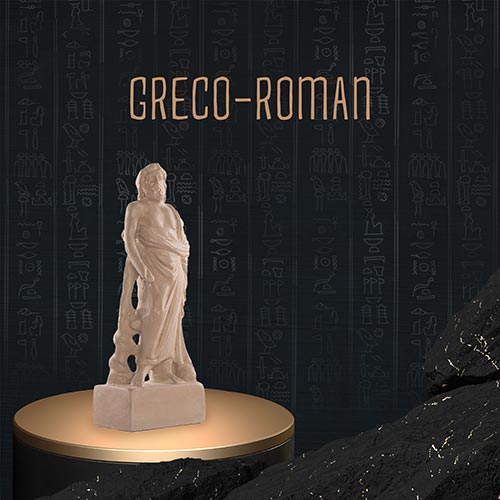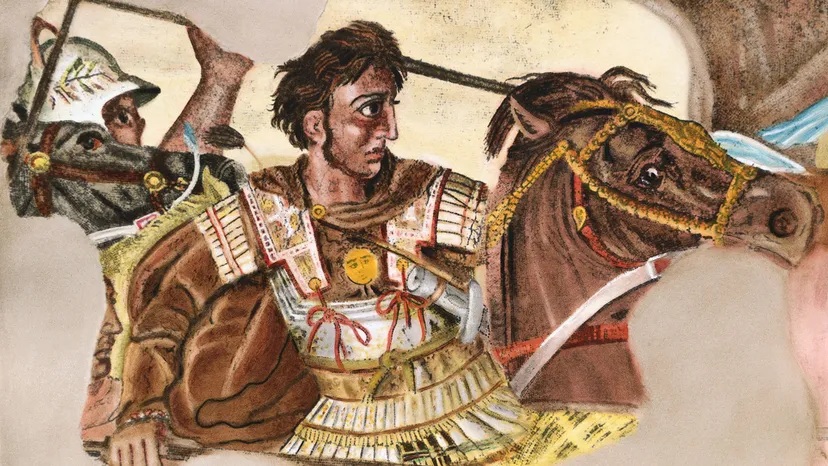
Alexander the Great of Macedonia (356–323 BCE) was one of history’s most brilliant military leaders and visionaries. Born in Macedon, the son of King Philip II and Queen Olympias, he inherited the throne at the age of 20. Within just over a decade, Alexander the Great’s empire stretched from Greece to Egypt, Persia, and as far as India—making it one of the largest empires of the ancient world. Known for his bold strategies, unshakable ambition, and ability to inspire loyalty, he not only conquered vast lands but also spread Greek culture, ideas, and knowledge across three continents in what came to be called the Hellenistic Age.
Childhood and Early Influences
Alexander grew up in a royal household filled with both power and tension. His father, King Philip II, had transformed Macedon into a formidable military power, but his many marriages created rivalries among potential heirs. His mother, Queen Olympias, fiercely protective and ambitious, often reminded him that he was destined for greatness.
At 13, Alexander began his education under Aristotle, his teacher, one of the greatest philosophers of all time. He studied philosophy, science, politics, and literature, and became particularly fascinated with Homer’s Iliad. This shaped his worldview: a blend of warrior ambition and appreciation for Greek ideals.
The Path to Power
In 336 BCE, the assassination of King Philip II propelled Alexander to the throne at just 20 years old. Many doubted the young king, but Alexander moved quickly: he crushed revolts in Greece, reasserted Macedonian dominance, and secured loyalty among his father’s seasoned generals. With Greece under control, he turned to fulfill Philip’s dream—conquering the Persian Empire.
Alexander’s Famous Battles
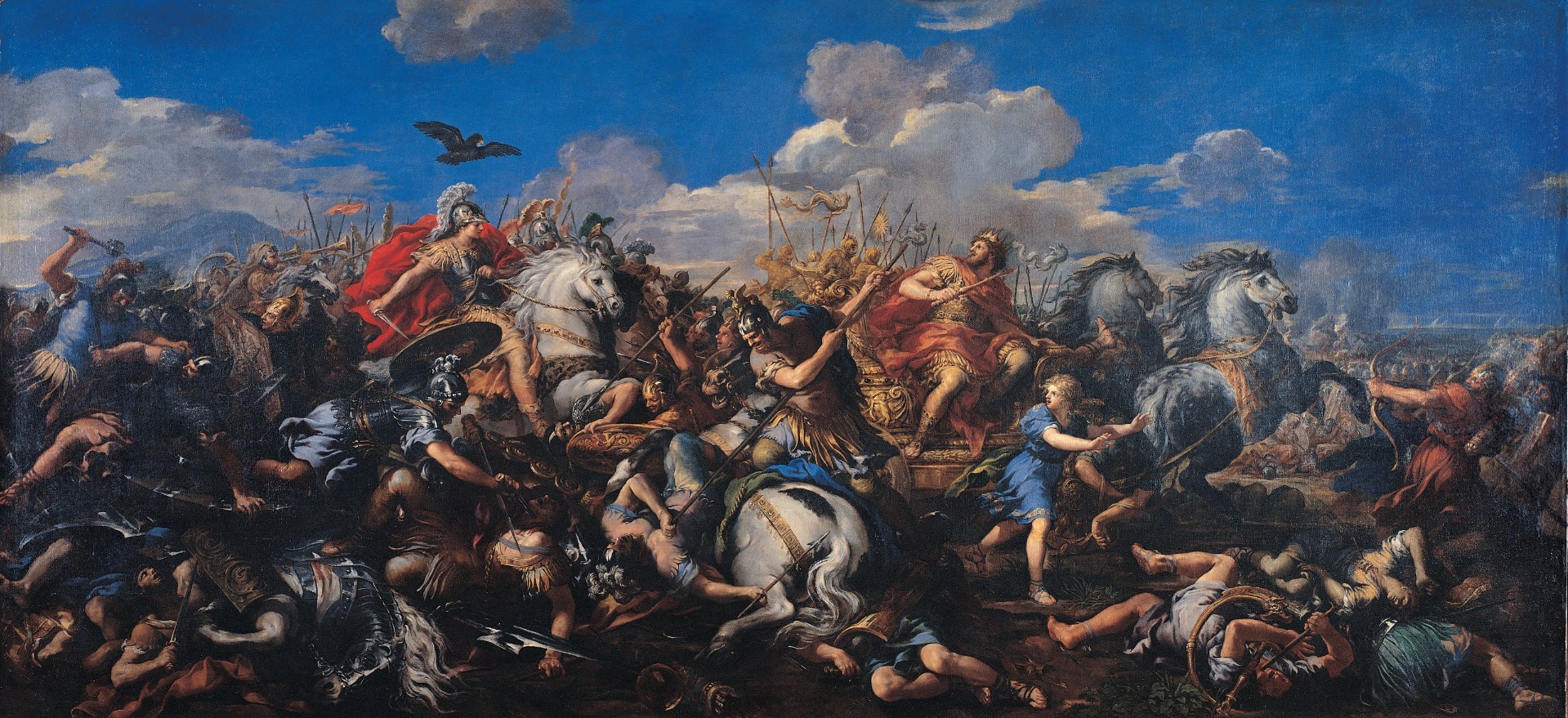
The Battle of Granicus (334 BCE)
Alexander crossed into Asia Minor with about 40,000 men. His first major victory against Persian satraps at Granicus gave him a foothold in Asia.
The Battle of Issus (333 BCE)
Here, Alexander faced Darius III himself. Despite being outnumbered, his tactical genius won the day, giving him control over Asia Minor and the eastern Mediterranean.
The Conquest of Egypt (332 BCE)
Welcomed as a liberator from Persian rule, Alexander was crowned Pharaoh of Egypt at Memphis. He visited the Oracle of Amun at Siwa, where he was hailed as the son of the god Amun—strengthening his divine status. He also founded Alexandria, which would become a world center of learning and culture.
The Battle of Gaugamela (331 BCE) – The Final Showdown
The decisive moment came at Gaugamela, where Alexander, though outnumbered, routed Darius’s massive army. This victory ended Persian resistance and allowed him to seize Babylon, Susa, and Persepolis.
The Battle of Hydaspes (326 BCE)
In India, Alexander defeated King Porus in a hard-fought battle. Impressed by Porus’s bravery, he reinstated him as a ruler—showing both pragmatism and respect. This marked the easternmost point of his conquests, as his weary soldiers refused to march further.
Alexander the Great in Egypt
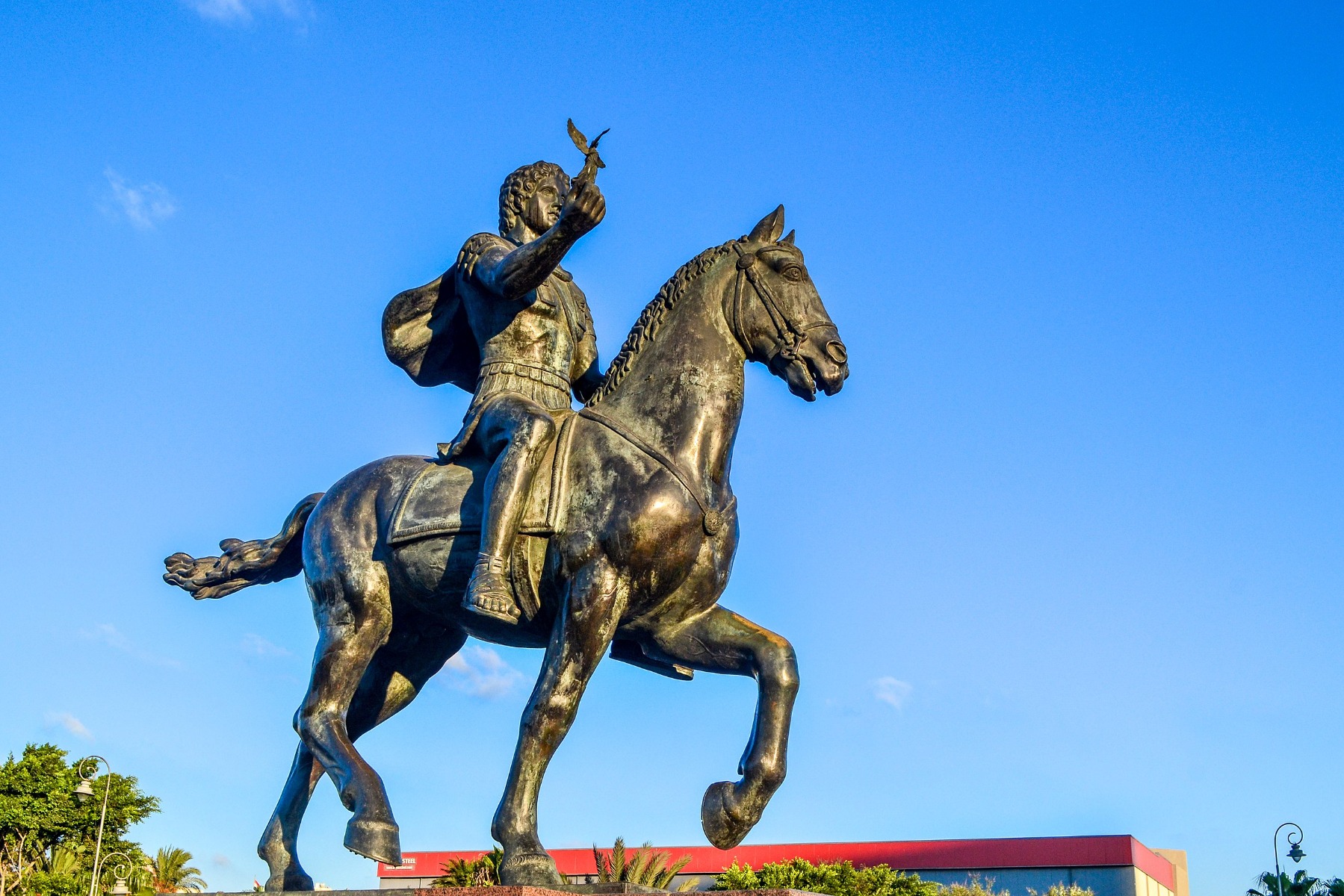
Why is Alexander the Great in Egypt?
Alexander was seen as a liberator after freeing Egypt from Persian control. By embracing Egyptian religion and being crowned Pharaoh, he earned legitimacy among Egyptians. His founding of Alexandria left a permanent mark, as the city became a hub of trade, science, and culture.
Personal Life and Character
Alexander was seen as a liberator after freeing Egypt from Persian control. By embracing Egyptian religion and being crowned Pharaoh, he earned legitimacy among Egyptians. His founding of Alexandria left a permanent mark, as the city became a hub of trade, science, and culture.
- Alexander the Great horse: His loyal steed, Bucephalus, was with him in nearly every battle. When Bucephalus died, Alexander named a city in India after him.
- Alexander the Great spouse: He married several times, most notably Roxana of Bactria, who bore him a son after his death.
- Alexander the Great religion: Though raised with the Greek pantheon, he adopted local traditions in Egypt and Persia, where he was often regarded as divine.
- Alexander the Great height: Ancient sources suggest he was not especially tall, but his commanding presence and charisma made him larger than life.
- Why did Alexander kill his friends? In moments of anger and paranoia, he executed close companions, such as Cleitus the Black, after disputes. These acts reveal the darker pressures of his rule.
Death and Mystery
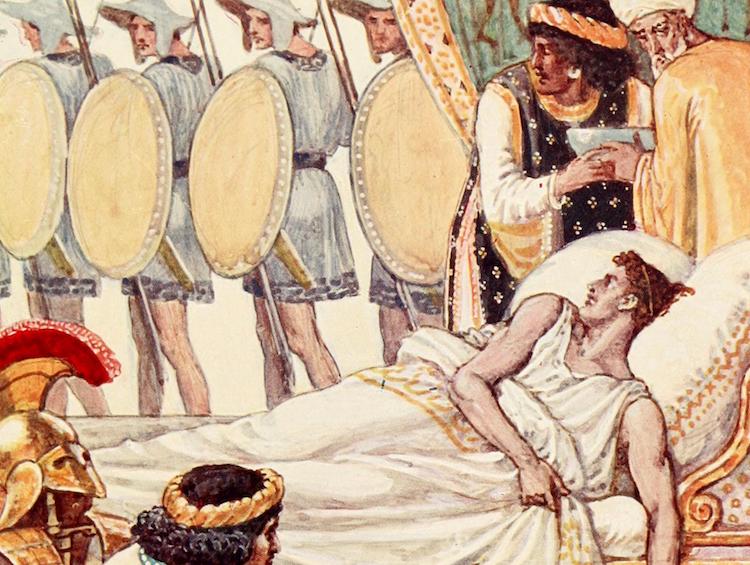
How did Alexander the Great die?
In 323 BCE, at the age of just 32, Alexander the Great died suddenly in Babylon, shocking the ancient world. The exact cause of his death remains one of history’s greatest debates. Several theories have been proposed:
- Fever and illness – Ancient accounts suggest Alexander developed a high fever after a banquet. Many historians believe he may have died from malaria or typhoid fever, both common in Mesopotamia.
- Poisoning – Some ancient writers suspected foul play, claiming his rivals or generals may have poisoned him. However, most modern scholars doubt this, as his illness reportedly lasted for days—poisons available at the time would have acted more quickly.
- Autoimmune or genetic disease – Some medical researchers suggest conditions like Guillain–Barré syndrome or West Nile virus may have caused paralysis and fever, explaining why his body reportedly showed no decay for days after his death.
- Alcohol-related complications – Known for heavy drinking, Alexander may have suffered organ failure or pancreatitis after years of excess.
While the true cause may never be known, his early death left his vast empire leaderless.
What did Alexander say before he died?
On his deathbed, when asked who should succeed him, Alexander is said to have whispered, “to the strongest.” This cryptic statement sparked decades of power struggles among his generals, known as the Diadochi, who ultimately carved his empire into rival kingdoms.
Alexander the Great tomb
Adding to the mystery, the Alexander the Great tomb has never been definitively located. Ancient sources claim his body was taken to Egypt, possibly Alexandria, but its final resting place remains lost—fueling centuries of speculation and legend.
After Alexander: The Rise of Ptolemy
After Alexander’s sudden death in 323 BCE, his empire fractured as his generals—the Diadochi—competed for power. Among them was Ptolemy I Soter, one of Alexander’s trusted companions and bodyguards.
Ptolemy seized control of Egypt, declaring himself Pharaoh and founding the Ptolemaic Dynasty, which ruled for nearly 300 years. Under his leadership, Alexandria blossomed into a center of learning, trade, and culture, home to the famous Library of Alexandria and the Lighthouse—one of the Seven Wonders of the Ancient World.
The Ptolemaic dynasty lasted until the reign of Cleopatra VII, the last Pharaoh of Egypt, marking a direct link between Alexander’s conquests and one of the most famous figures in history.
Legacy and Achievements
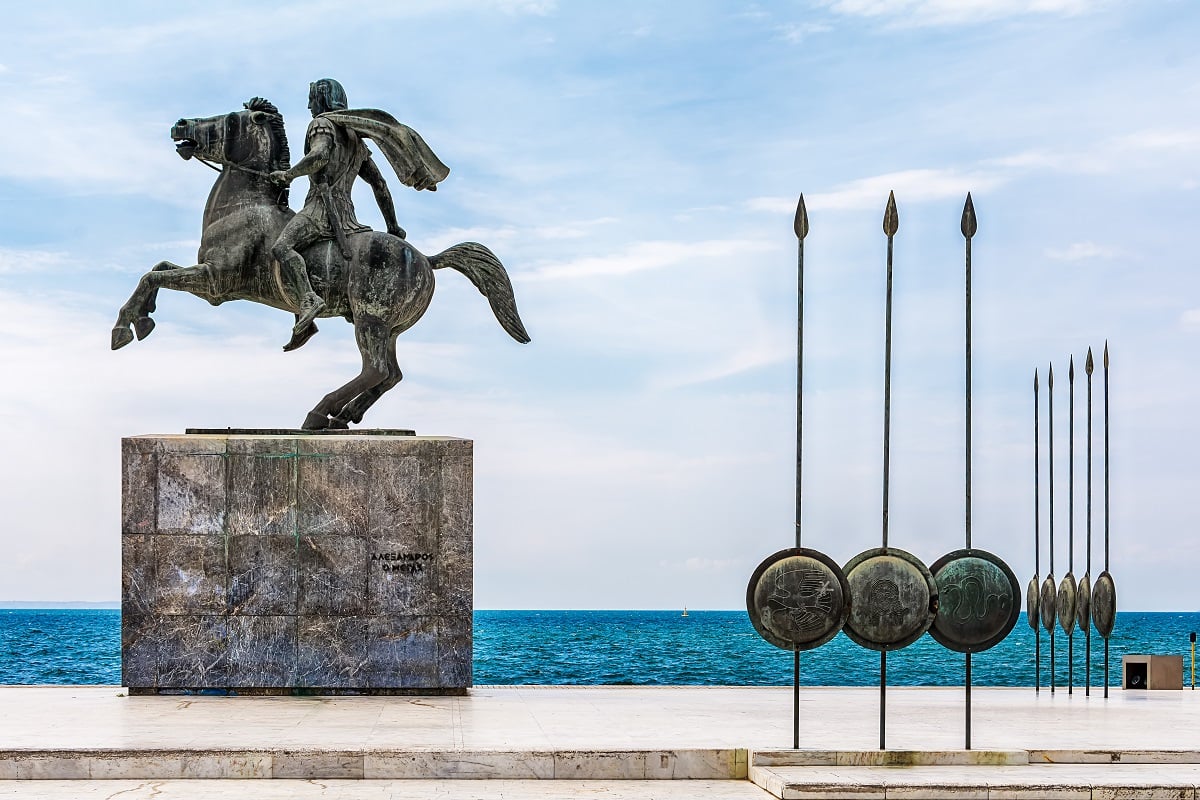
Alexander the Great’s achievements include:
- Building one of the largest empires in history.
- Spreading Greek culture across three continents.
- Founding over 20 cities, including Alexandria.
- Creating the foundations for the Hellenistic Age, a period of cultural blending that influenced Rome, Christianity, and beyond.
His image lives on through countless books about Alexander the Great, artistic depictions like the Alexander the Great statue, and even films inspired by his life. Many Alexander the Great quotes reveal his vision, ambition, and relentless drive.
How did Alexander the Great change the world?
He reshaped the ancient world by uniting East and West through culture, language, and trade. His empire may have crumbled, but his influence endured for centuries—making him not only a conqueror but also a cultural unifier.
The Eternal Legacy of Alexander the Great
Alexander the Great was Greek by culture, Macedonian by birth, and global in his impact. He remains a figure of fascination—admired for his courage, studied for his strategies, and remembered for his vision of a world united under shared culture and knowledge. Over two millennia later, his name still inspires ambition, leadership, and greatness.
